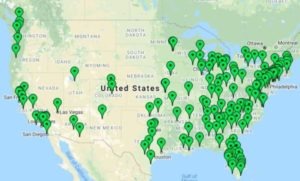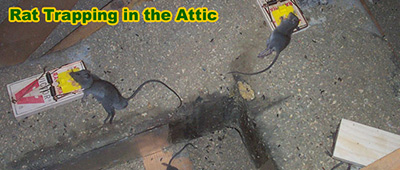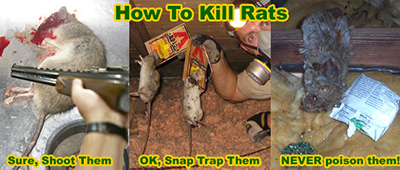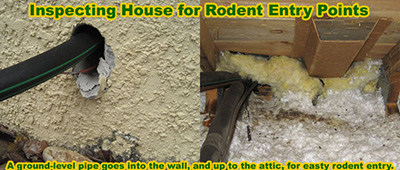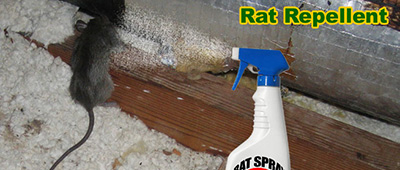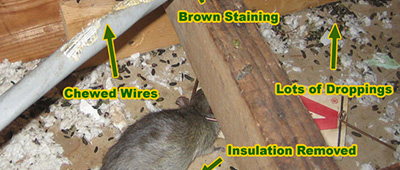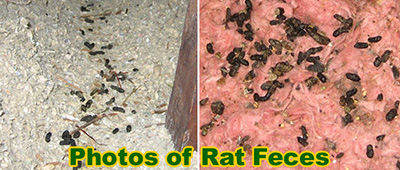If you have caught a live rat, you will need to relocate it. This means releasing the animal back into the wild, but this can only be done after you have done some very specific things to your home. The first thing you'll need to do is ensure you have sealed up every crack, crevice and hole to ensure the rat has no way of gaining entrance once again. The second thing you'll need to do is relocate the rat far enough away that it doesn't become a problem. You should be aware that rats do not tend to have a great success rate when they have been relocated in a brand new area, away from its family, known sources of food, water and shelter, and with brand new predators and territories to learn and explore, but it is still one of the most humane ways to deal with the rat problem. It's definitely a much better method than using poison, which we would never advise.
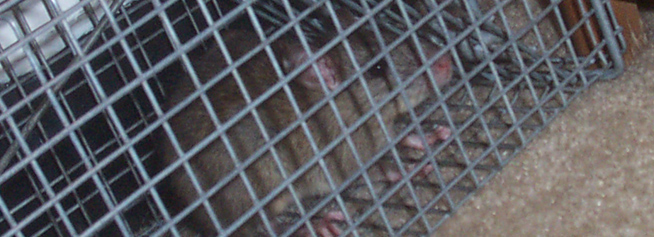
If you have sealed your home up effectively, and with the right materials, you won't have a rat problem again. It doesn't matter if you were to release the rat right outside your front door, it still wouldn't be able to get back in. We wouldn't advise this, of course, but your home is designed to be sealed. If it isn't, you have a problem, and that problem is likely to be vermin.
By regularly inspecting your home - twice yearly, for example, and also after severe weather, such as storms, you can ensure you spot any damage or holes as early as possible. When you know you could potentially have a rat problem, you can place the rats down and seal up the holes. If you aren't aware of the problem, because you don't regularly check out the exterior of your home, you could find that the rats cause a serious amount of damage, and that damage will be very costly for you to repair.
Go back to the Rats in the Attic home page.
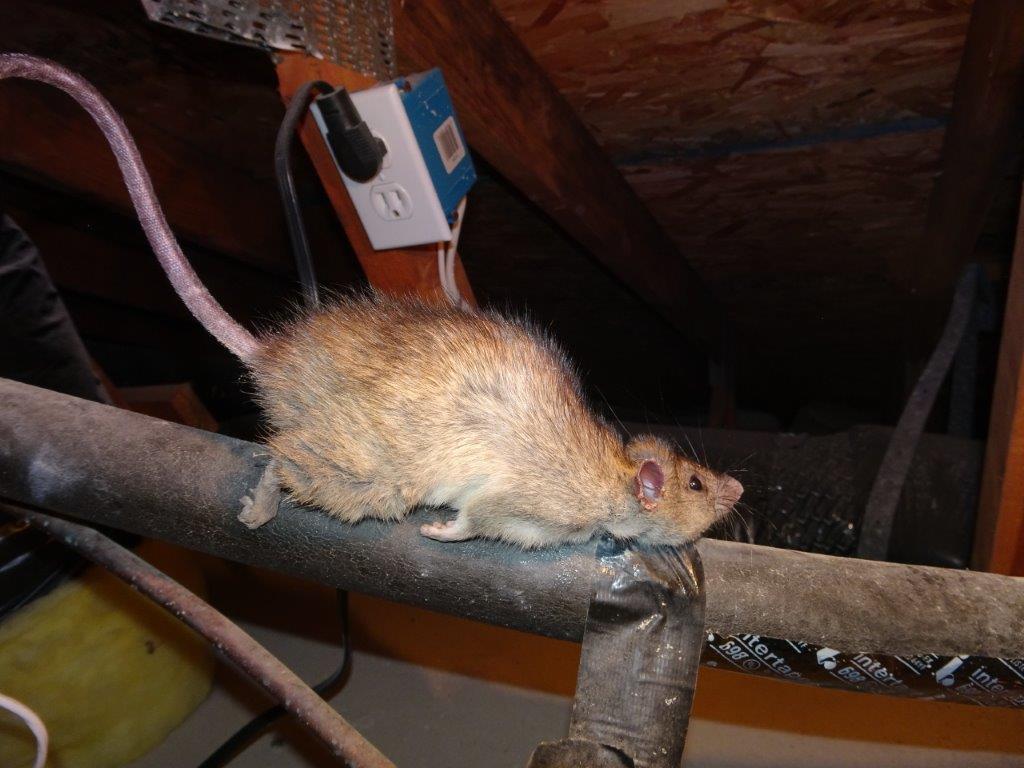
Will rats survive after relocation?
When you take an animal out of its usual territory, you cannot expect it to flourish. It has no way of finding it's way back to family and friends, and it also won't know where to find food or water, or shelter, or warmth from the cold and bitter nights. Essentially what you will have done if you make the decision to live-trap and then relocate a rat is kill it in a rather long, scared, and dramatic fashion. It is likely that the rat will die of starvation, or become killed by other humans, or it might even become prey to predators, such as owls and eagles. You might think that relocated rats are happy rats, but they won't be. They'll probably die.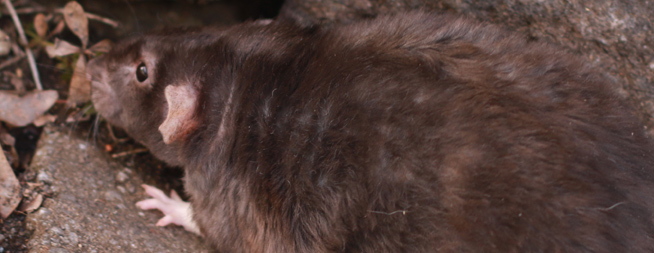
Deterrents and repellents rarely work, so they are not an option we would recommend you consider.
Go back to the Rats in the Attic home page.
The humane option is often considered releasing a rat back into the wild. Let it go to its natural environment where it belongs and will thrive. This thinking evolved from the fact that so many people just are not comfortable killing another living creature, so will release a trapped rodent back outside. But what about studies that show that an overwhelming percentage of relocated rats don’t survive? Why is this? Read on and we will attempt to answer this.
Why relocated rats struggle
This might puzzle many people. The general impression of rats is that they are the consummate survival specialist, capable of living in any environment. After all, rats are found nearly everywhere all over the world. So why does a relocated rat rarely survive?
The truth is actually very surprising. Rats have certain qualities that actually restrict them from surviving, let alone thriving, in a new environment. Did you know that most rats spend their entire life within the same environment, estate, or a home, they were born in?
Rats are very, very territorial and they live, reproduce, and die in this environment, with the cycle continuing for subsequent generations. Rats are very intelligent and will discover their home range and will learn where to find food, water, and shelter. They learn where is safe and which places to avoid because of dangers or areas frequented by predators. After becoming accustomed to where to find this food, water, and shelter, being removed from the familiar environment, these survival mechanisms actually start working against a rat in a new environment.
This means that they will struggle to find food, water, or shelter in an environment they don't know well. They have already learned where the essentials for survival are, and learning all this information from a new, strange environment, means that often relocated rats fall prey to predation, exposure, or die from starvation, as they cannot learn this information in time to survive their new environment.
Another reason that rats do not do well in new environments is rat competition. Yes, rats are highly competitive creatures and live in strict hierarchies amongst their home group. Usually living in large groups, rats operate under dominance hierarchies. When food sources are plentiful, rats compete for the biggest piece of food that was found. Should you place a rat nearby to a completely different group of rats, your former housemate will have to battle with the rats that hold that territory and these fights for dominance can be fatal, or even leave a rat so traumatized that they no longer look after themselves and will starve to death on account of this trauma.

